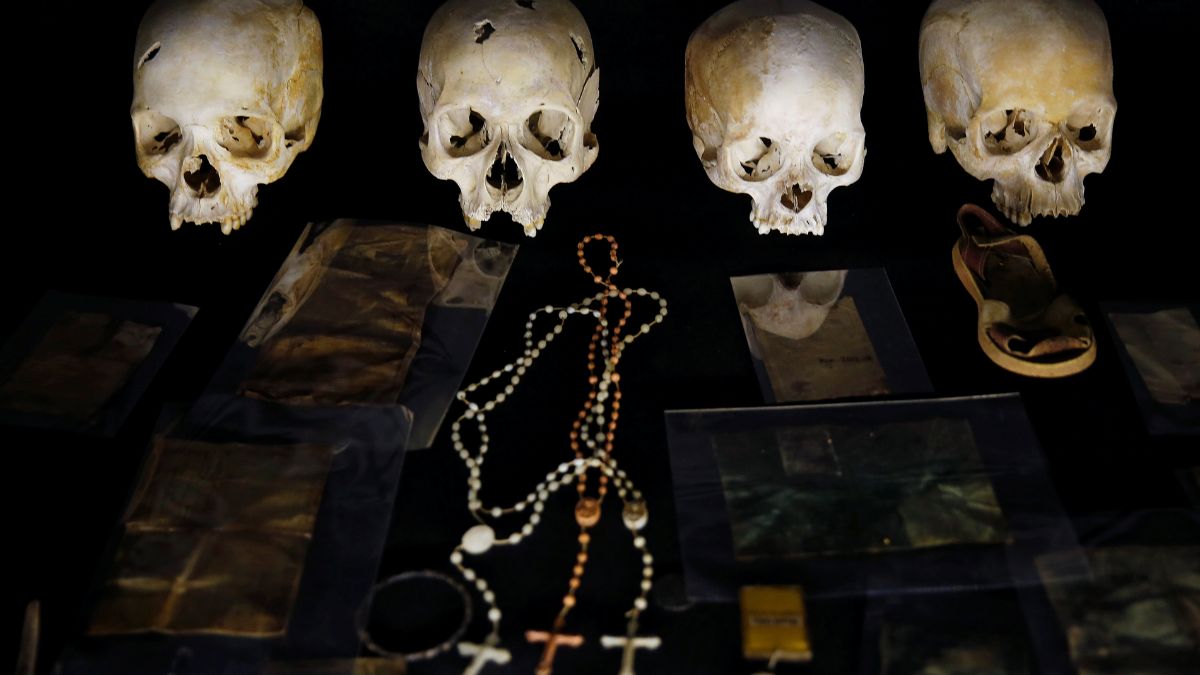In a historic moment, the war crimes tribunal for Rwanda has concluded its 29-year mission, achieving justice for the 1994 genocide that claimed over 800,000 lives in 1994.
During a video conference on April 30, where tribunal prosecutor Serge Brammertz and the leaders of the fugitive tracking team jointly confirmed the fate of the remaining suspects.
Through meticulous evidence gathering and rigorous investigative techniques, the tribunal amassed sufficient evidence to ascertain that Charles Sikubwabo and Ryandikayo, the last two names on its list of 92 indictees, had met their deaths and were laid to rest in unmarked graves in different parts of central Africa.
Roles of the Last Two Suspects
Charles Sikubwabo played a pivotal role in orchestrating one of the most heinous massacres of the genocide. As an influential local organiser in Rwanda’s Kibuye prefecture, Sikubwabo led mobs of the Interahamwe Hutu militia, responsible for the brutal slaughter of Tutsis. He was charged with genocide and crimes against humanity for his active involvement in coordinating mass killings and leading search parties to eliminate Tutsi survivors.
Ryandikayo, a restaurateur known by just one name, was another key figure implicated in the genocide. Alongside Sikubwabo, Ryandikayo participated in numerous massacres, perpetrating acts of violence that claimed tens of thousands of innocent lives. His involvement in the genocide extended to the brutal killing of individuals, including Mukanyemera, a 12-year-old Tutsi girl, whom he personally bludgeoned.
Brammertz highlighted the importance of this achievement, showcasing the international community’s dedication to ensuring accountability, regardless of time.
The successful conclusion of the tribunal’s work signifies the culmination of over three decades of efforts in international justice for mass atrocities. It also underscores the significance of institutions like the International Criminal Court (ICC), established in 2002.
Impact Shorts
More ShortsUnder Brammertz’s leadership, the tracking team pursued the remaining fugitives with unwavering determination, employing meticulous investigative techniques to gather evidence and corroborate witness testimonies.
The closure of Sikubwabo and Ryandikayo’s cases highlights the pivotal role of international justice in preserving the memory of the genocide and combating denialism.
While the era of the Yugoslav and Rwandan tribunals may be viewed as a brief golden age of international justice, the quest for accountability continues. Rwanda’s prosecutor general is now focused on apprehending lower-level war crimes suspects still at large.
)